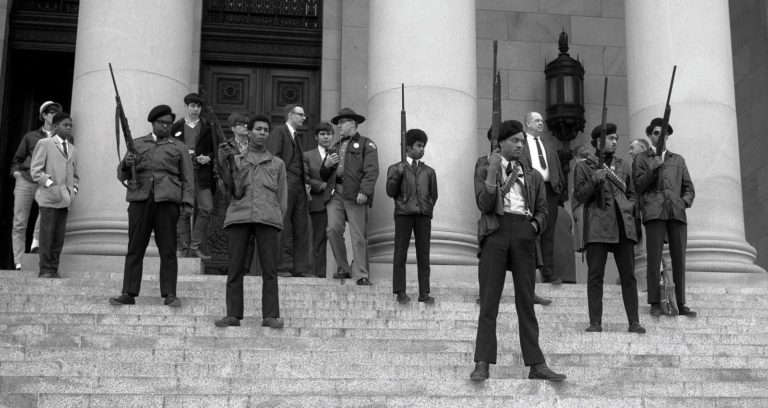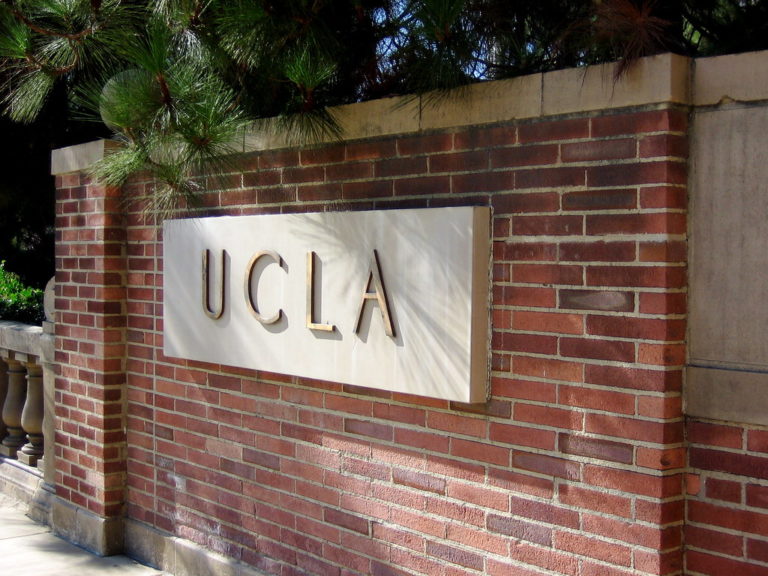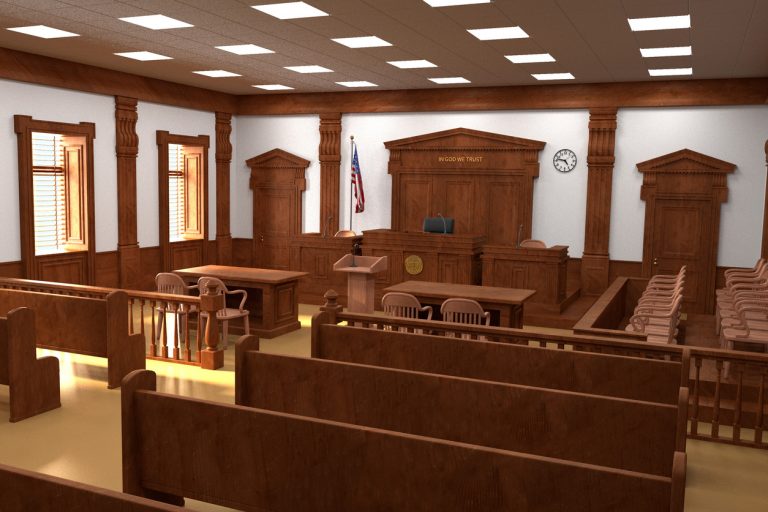Hening v. Adair (Female Soccer Player Refused to Kneel For BLM)
White Female Soccer Player Settles Political-Discrimination Case Involving Her Refusal To Kneel For BLM
A recent development in a First Amendment case involving the conservative beliefs of a white, female college-soccer player deserves attention from Free Expression Foundation supporters and all advocates against political-opinion discrimination.
Last December, white Virginia Tech soccer player, Kiersten Hening, won the opportunity to have her case brought to trial in which she alleges her coach retaliated against her in 2020 for refusing to kneel in support of Black Lives Matter prior to the team’s 2020 opener. Apparently, teammates and other team assistants were expected to kneel to the ultra-violent, conspiratorial (and utterly corrupt) movement while a “unity statement” was read out before kick-off.
For this, Hening alleged she was “berated” by her coach, a white male and former national indoor soccer player, Charles “Chugger” Adair, who also considerably reduced her playing time over the next two games—Adair denied this, stating his treatment of Hening was related to her supposed “poor play.” As a result of her effectively being benched, Hening quit the team after game three of the season.
A Virginia District Court judge denied Adair’s motion for summary judgment—a pre-trial stage in which deference is given to claimants, like Hening, who are only expected to offer “sufficient evidence” for a jury to return a verdict for the claimant.
As the judge outlined in his denial, the First Amendment includes a right to be free from retaliation by a public official for a person’s speech; a protection enshrined in 42 U.S.C. § 1983 and which includes the right not to speak at all.
In addressing Adair’s argument that Hening’s decision not to kneel had no connection to his subsequent coaching decisions, at this pre-trial stage, the judge wrote, whether or not Adair’s assertion about the motive behind his actions are what they say they are, evokes a question as to his credibility and is something for a jury, not a judge, to decide.
As the judge further stated, for Hening to convince a jury and win at trial, she must show that Adair had a retaliatory motive and that it caused her injury i.e. her violated First Amendment right. To beat this back, Adair would have to show he would have taken the same actions towards Hening regardless of what she did (or did not do) prior to the game.
But the judge pointed to evidence such as the temporal proximity between Hening’s pre-game First Amendment expression and the Adair’s beratement (which took place at half-time as well as after the game) and the fact that numerous Virginia Tech teams that summer were divided over whether and how to show support for BLM and other initiatives following the death of George Floyd. Photographic evidence also showed Adair looking at Hening’s direction while she stood her ground; something he denied actually noticing. Further, through witness depositions and elsewhere, Adair, again white, pushed his team to wear ‘social justice-themed’ jerseys while attacking other players for being “All Lives Matter”-supporters.
Finally, Adair also raised the defense of qualified immunity which states that public officials are protected from committing constitutional violations if they reasonably believed their actions to be lawful. Here, the court asserted, similar retaliatory actions in similar school contexts within the circuit had been successfully litigated before, including over compelling public school-students to salute the American flag; over a university threatening a professor for publishing a paper on anti-white discrimination; and over a University of Virginia Medical School student who was suspended for challenging a speaker about “micro-aggressions.” The judge found no qualified immunity protections for Adair and, along with Hening’s evidence he cited, Adair’s motion for summary judgement was denied.
Given what looked to have been a tough (and expensive) trial, last week, Adair’s Virginia Tech lawyers offered a settlement of $100,000. Hening accepted foreclosing her opportunity to bring the case to a full trial.







